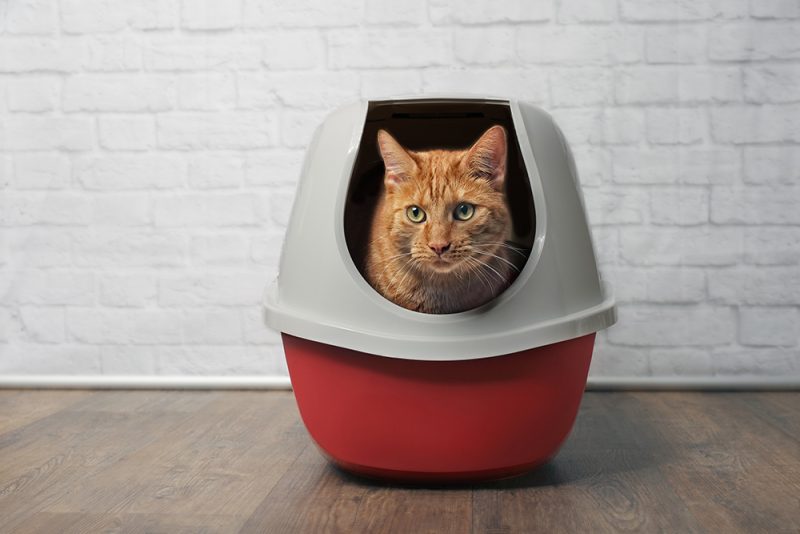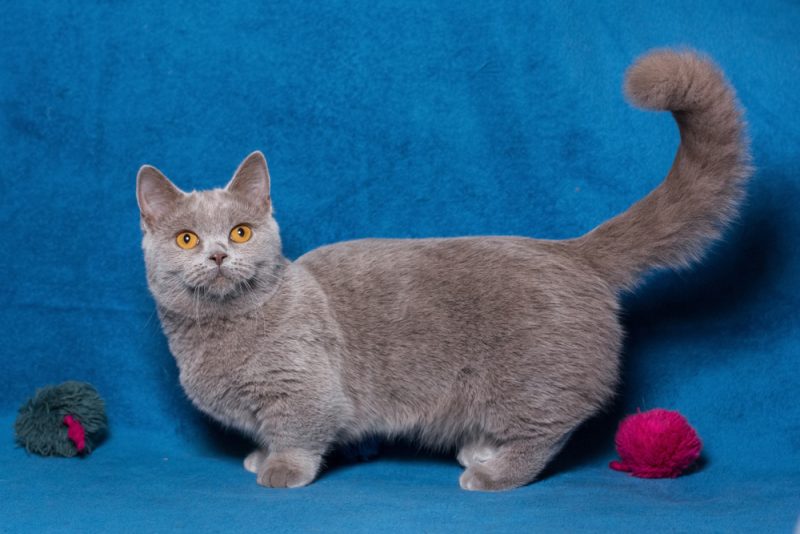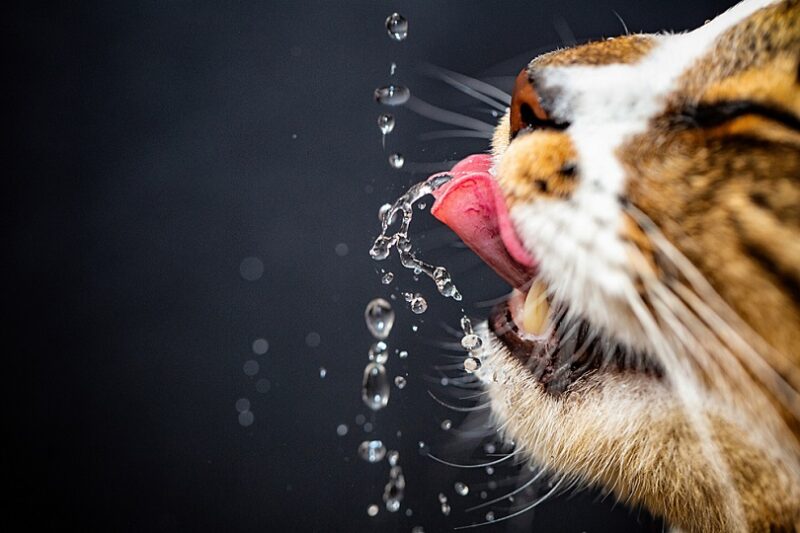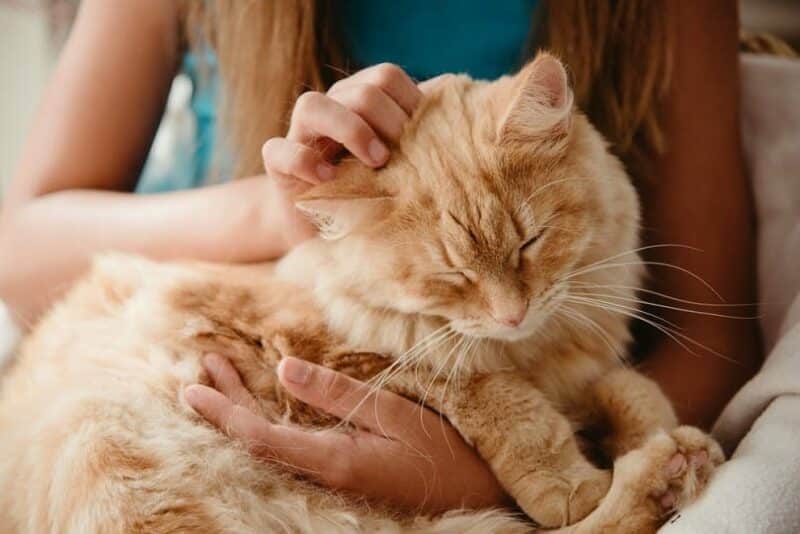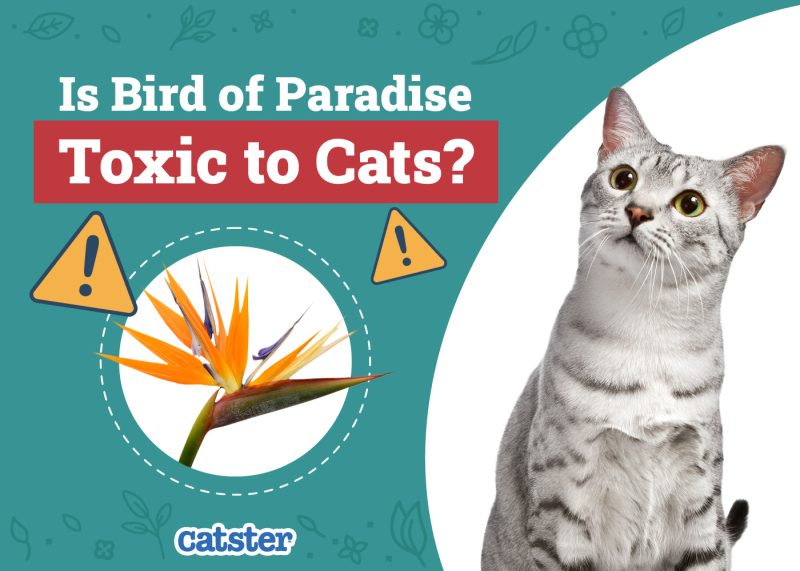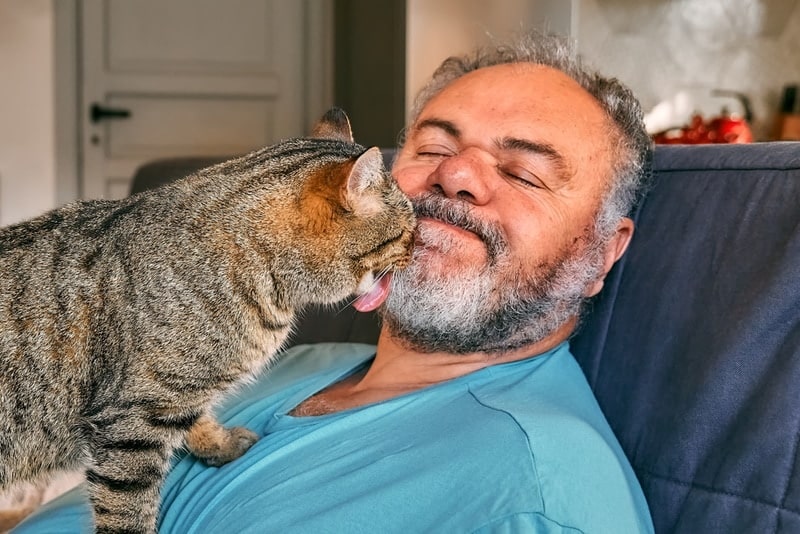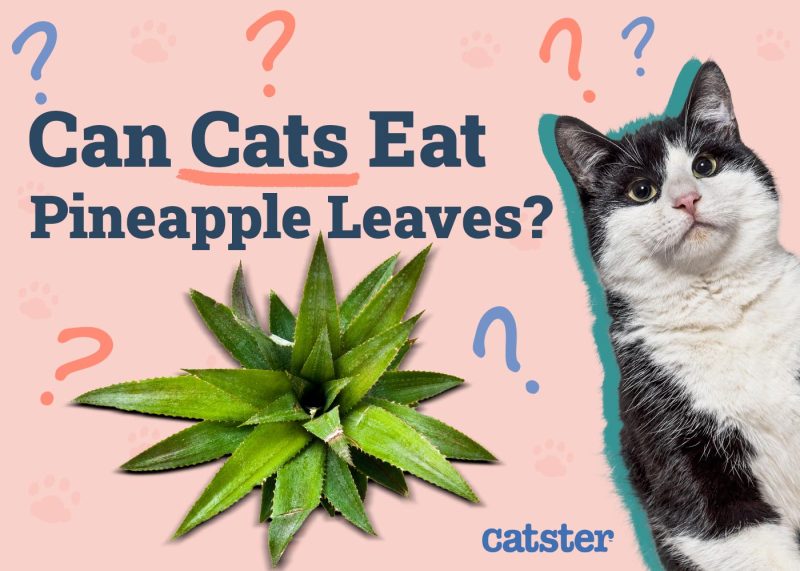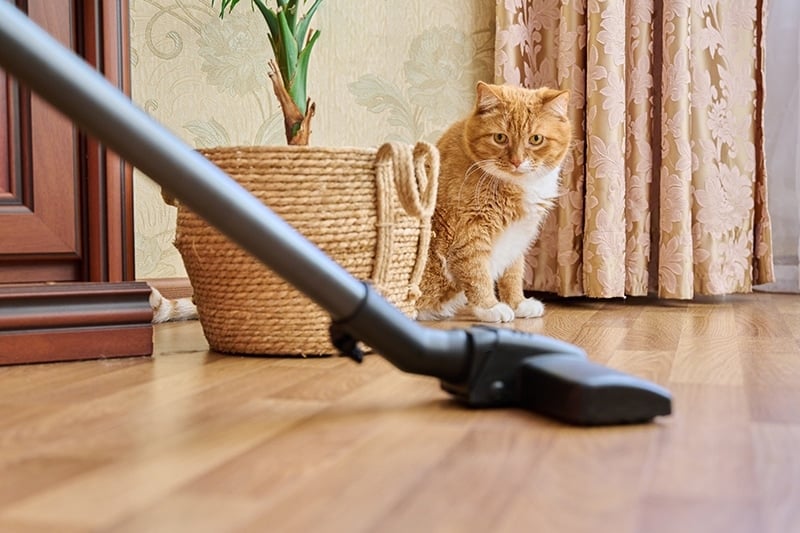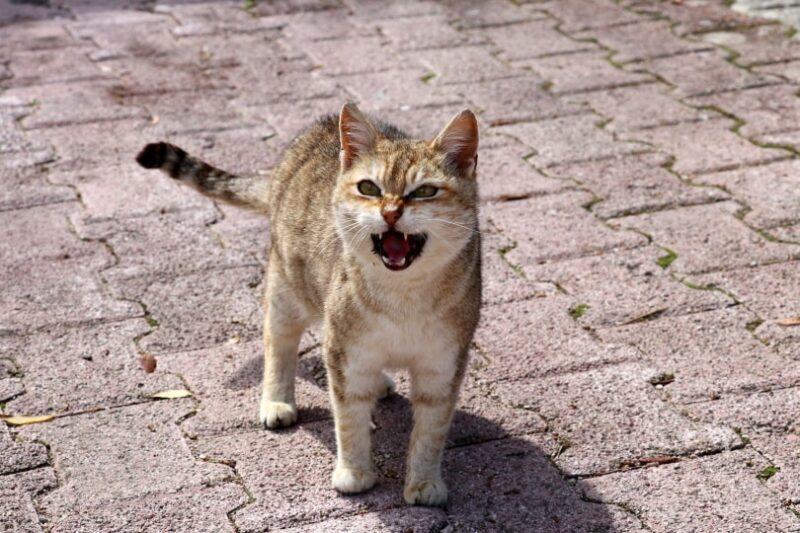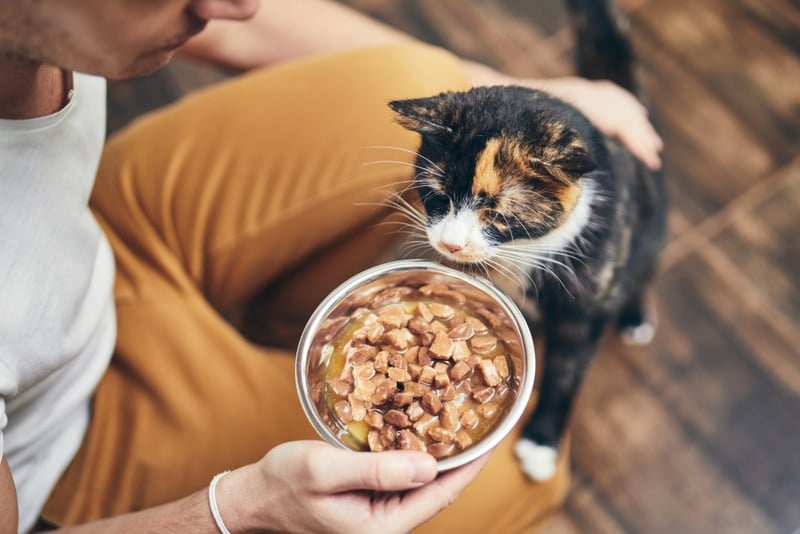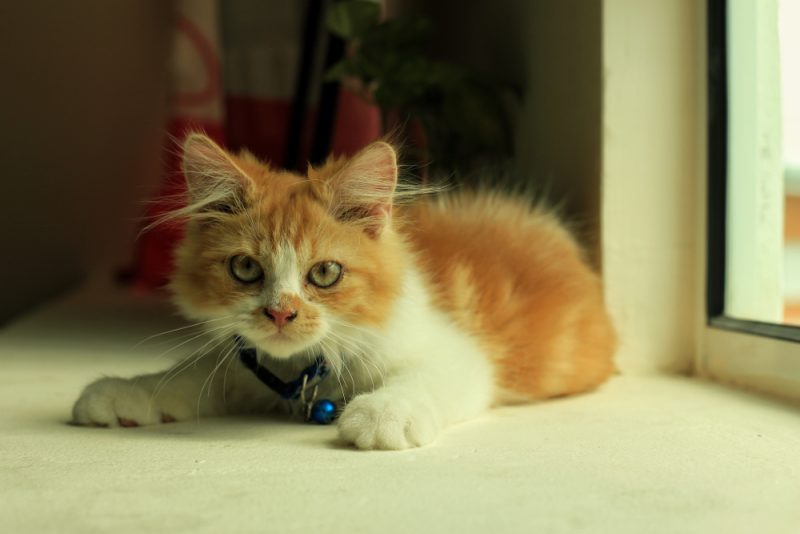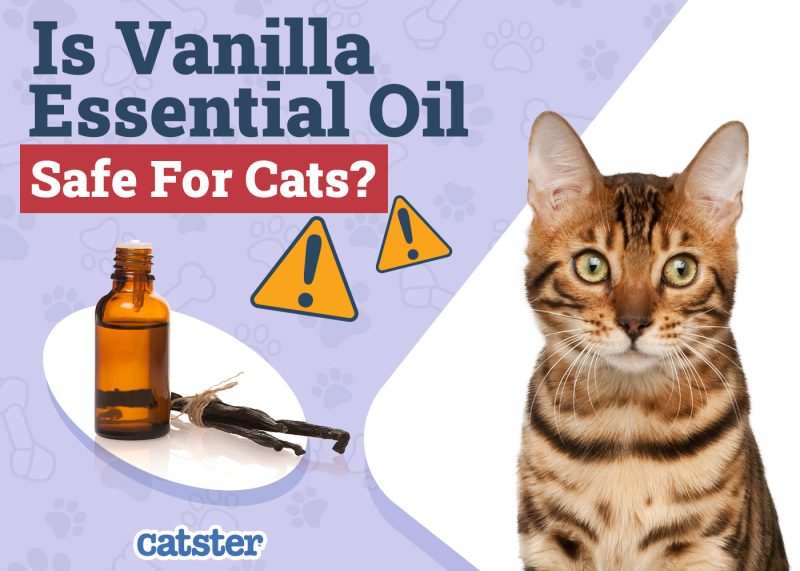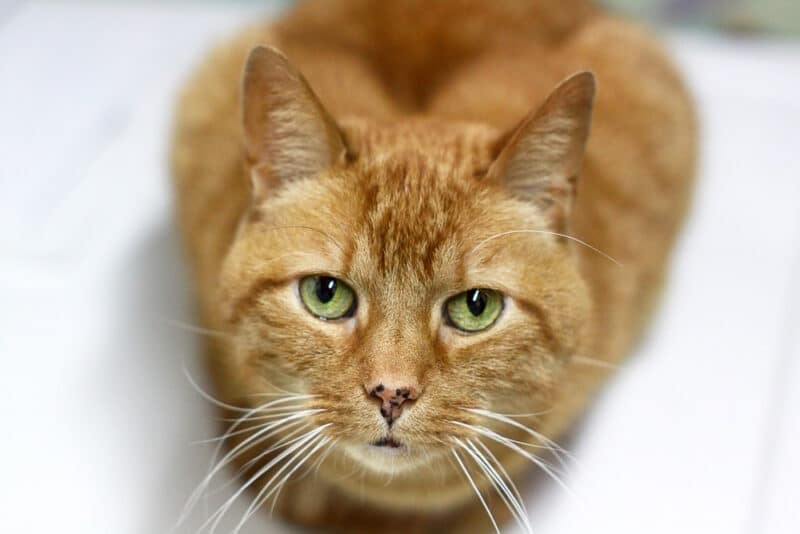In this article
View 2 More +Cats are carnivores, but they still like to experiment sometimes. Some cats love to taste unusual foods, including fruits and vegetables. Most of the time, that’s totally okay—too much fruit isn’t good for your cat, but a little bit won’t hurt. Unless it’s grapes.
While grape toxicity is uncommon in cats, it has been documented and even a little bit can cause serious harm. If your cat has eaten grapes, fast action could save your cat’s life—contact your local vet immediately. Here’s what you need to know about why grapes are potentially so dangerous to cats and how to help your kitty in a time of need.

Grape Toxicity in Cats
You might wonder what about grapes makes them so dangerous to cats. But the truth is that we still don’t know for sure what it is about grapes that can make them so dangerous to our pets.
Recent studies have suggested that tartaric acid may be the part of grapes that is toxic and this can be found in varying concentrations in grapes and raisins. There is still more research to be done in this area though. However, we do know that when some cats eat grapes it can cause vomiting, inappetence and even serious kidney damage.
Grapes and raisins both can cause grape toxicity—in fact, raisins can be more dangerous, being dehydrated grapes, they have the same amount of toxin in a smaller, easier-to-eat form. There’s still a lot we don’t know about grape toxicity, so it’s hard to know if eating just one grape can hurt your cat. Eating grapes doesn’t always cause kidney damage, but there aren’t any studies explaining why some cats that eat grapes are fine and others aren’t.
When it comes to eating grapes, it’s better to be safe than sorry. That’s because grape poisoning can cause permanent damage to your cat’s kidneys very quickly. If you know your cat has eaten grapes, call the ASPCA Poison Hotline (888-426-4435) or your vet’s emergency line right away to find out if your cat needs to be brought in to a vet immediately.
If you need to speak with a vet but can't get to one, head over to PangoVet. It's an online service where you can talk to a vet online and get the advice you need for your pet — all at an affordable price!

Signs of Grape Poisoning
If your cat has eaten grapes, it’s best to seek out treatment straight away even if you don’t see any signs of poisoning. Some signs of grape poisoning include:
- Lethargy
- Vomiting and diarrhea
- Lack of appetite
- Abdominal pain
Although rare, if your cat doesn’t receive treatment quickly enough, they might go into kidney failure. By 48 hours after ingestion, you may see signs like:
- Excessive thirst and urination
- Repeated vomiting
- Strong-smelling breath
- Difficulty walking; wobbly gait
- Disorientation
- Seizures
- Coma
Grape Poisoning Treatment
If your cat does eat grapes, the treatment process will depend on how quickly you’ve gotten your cat to treatment and how severe the damage is. In general, there are three steps to treating grape ingestion—decontamination, evaluation, and treatment. Decontamination is removing any traces of grapes from the digestive tract. Your vet may induce vomiting or give your cat oral charcoal medication to help bind any remaining toxins in the gastrointestinal tract.
NOTE: You should not try to induce vomiting at home—your vet has medications that will cause vomiting with minimal damage to your cat’s digestive system. From there, your vet will need to evaluate your cat’s kidney health through blood work or other methods.
The treatment needed will depend on the results of the blood work. If damage is minimal, treatment generally includes monitoring and sometimes IV fluids to help support and protect the kidneys and prevent dehydration over the next 24–36 hours. However, if serious kidney damage has occurred, your pet might need a long-term hospital stay and regular medication.
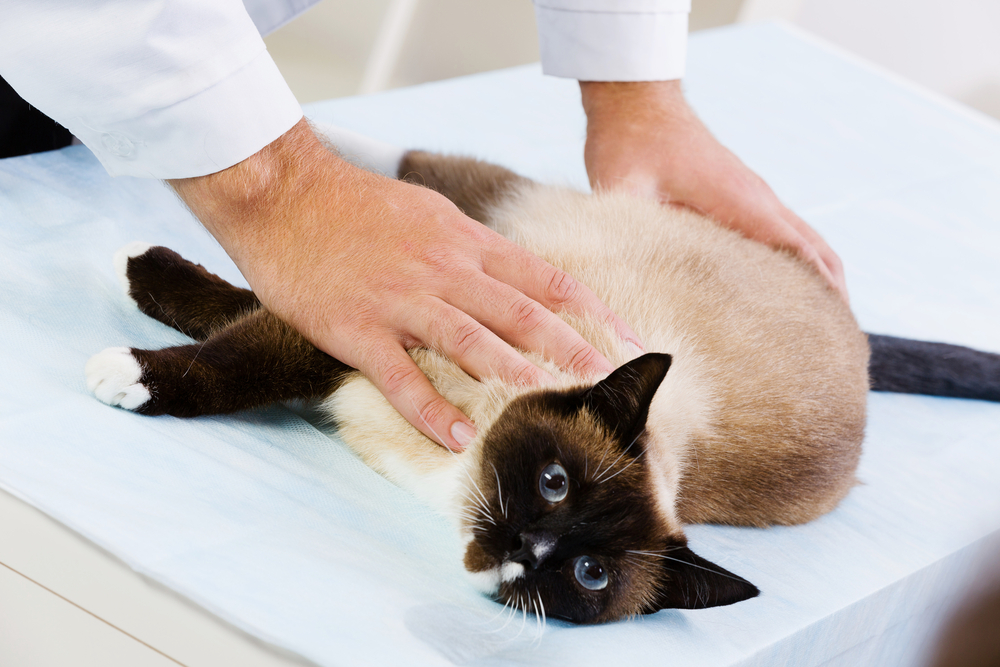

Last Thoughts
Grape poisoning is a rare but serious problem. You shouldn’t feed your cats grapes or raisins. If your cat does eat grapes accidentally, contact a vet right away for treatment options.
Related reads:


